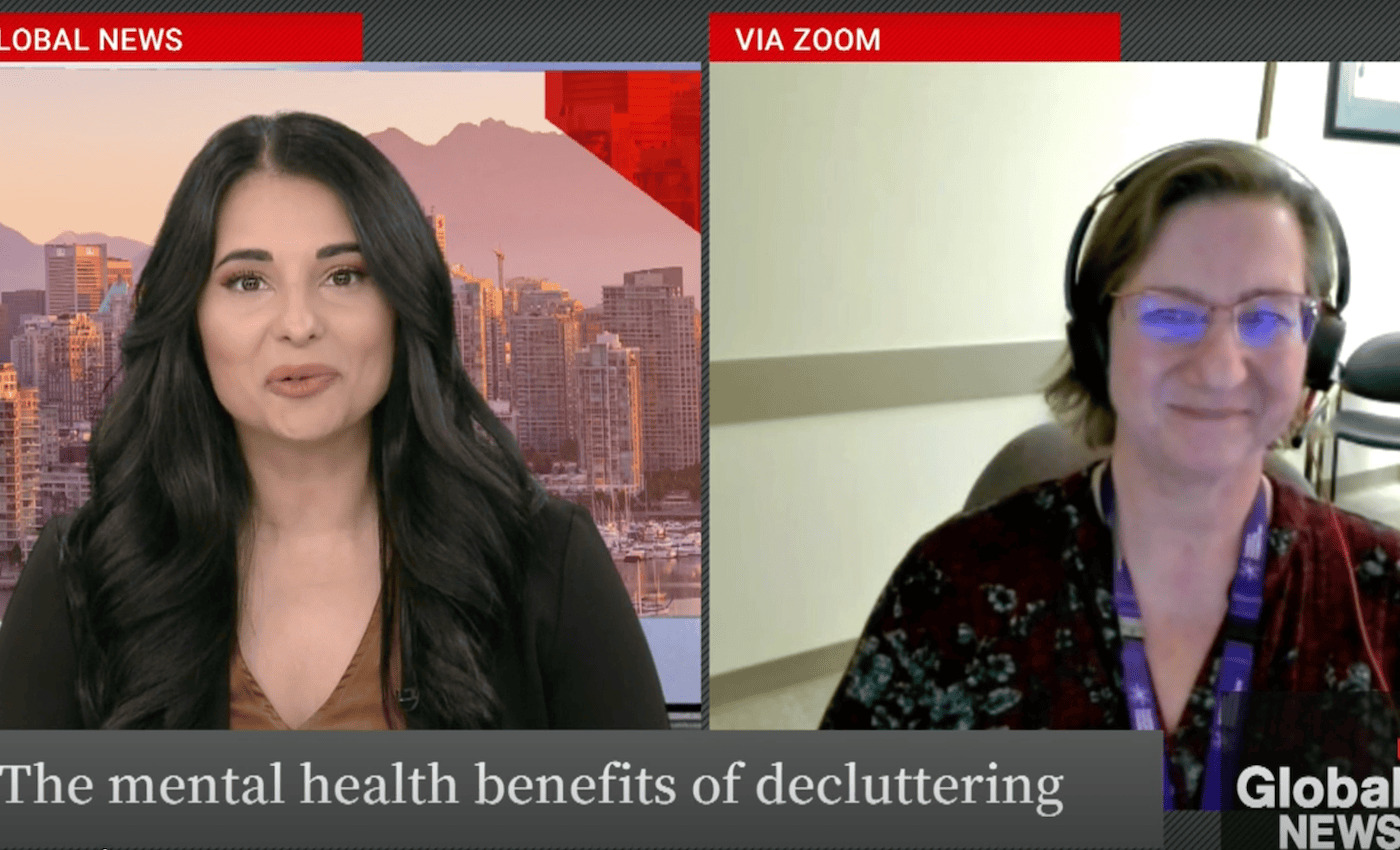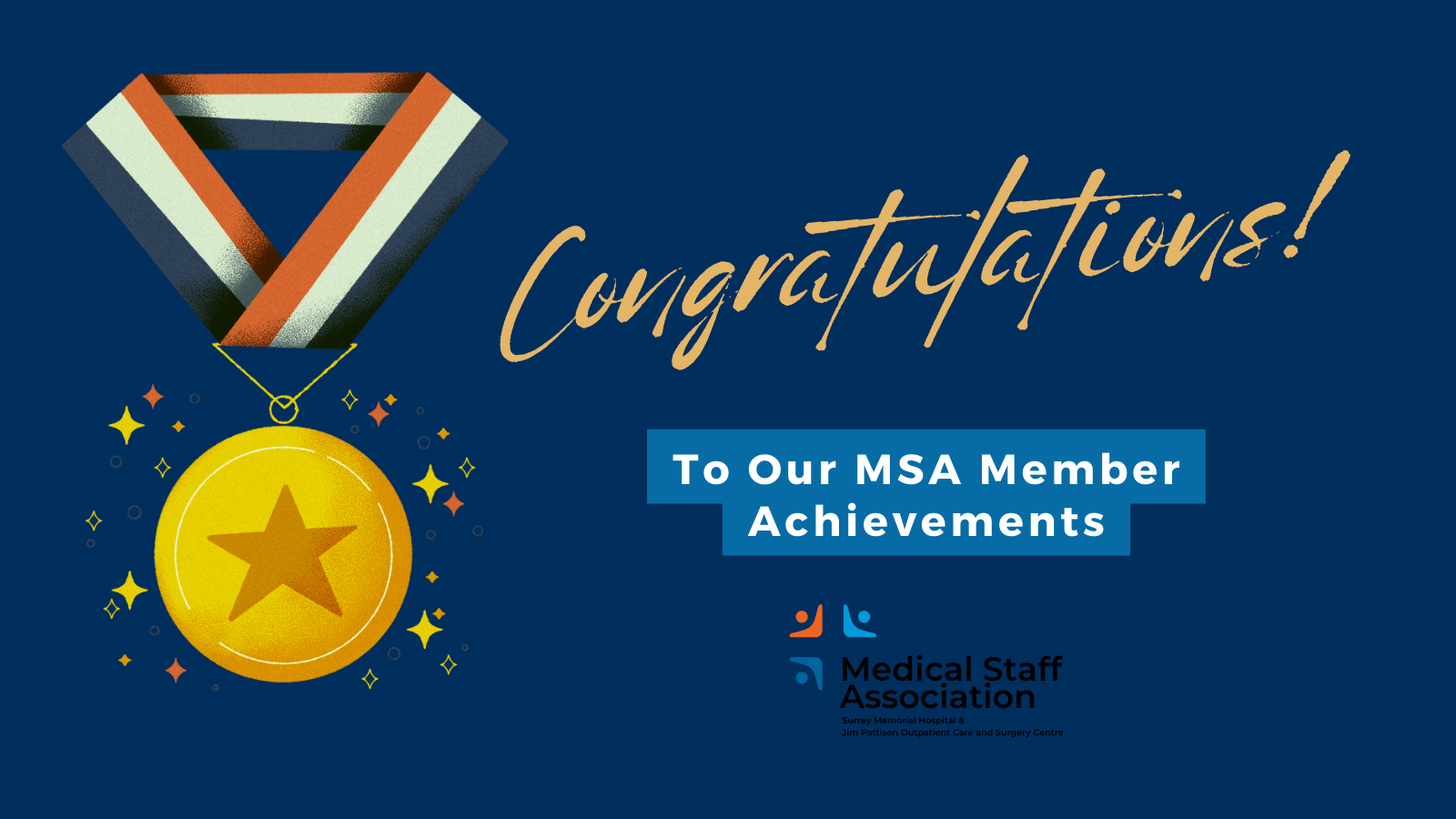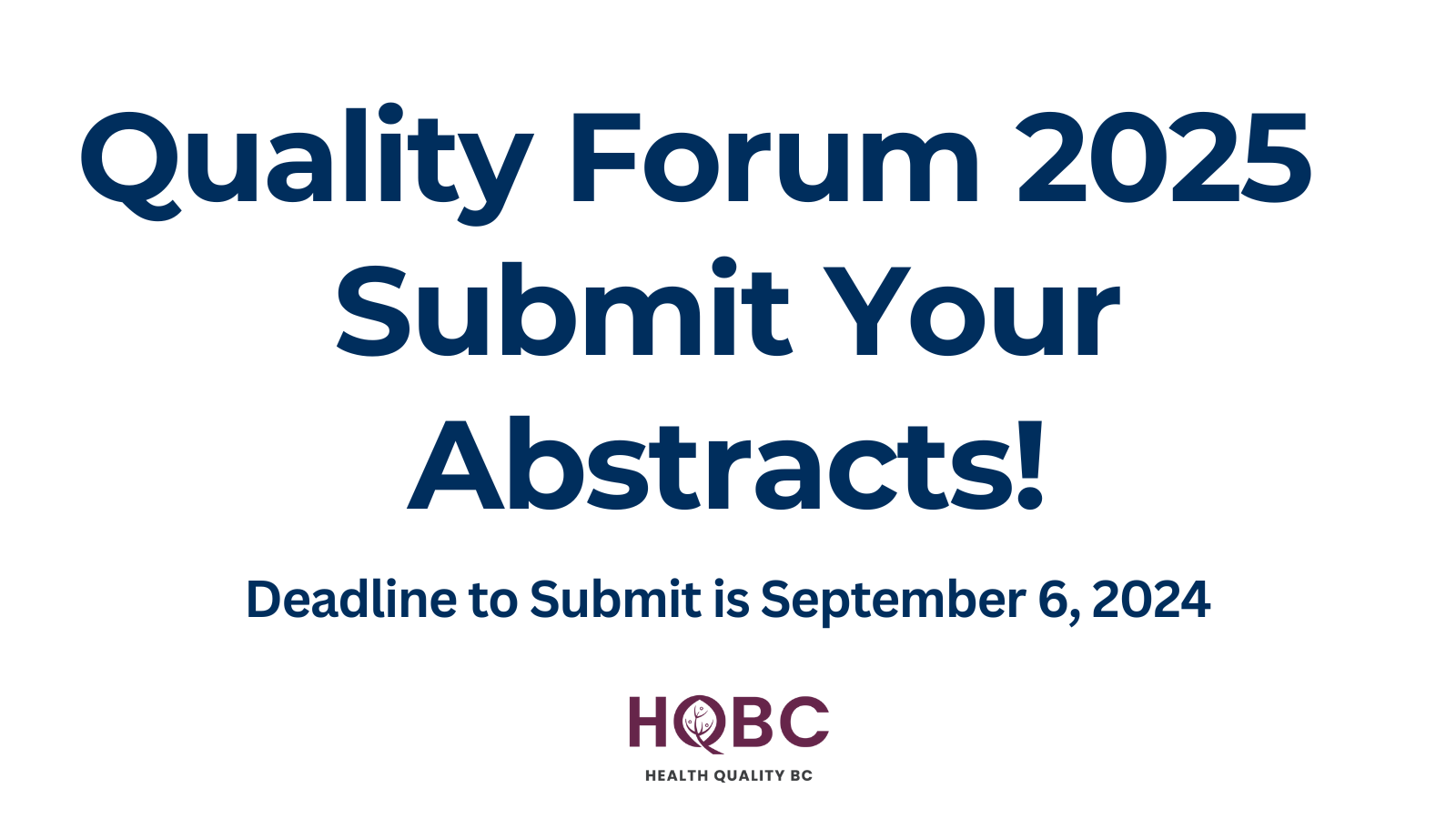A Physician’s Guide to Resources to Start Truth and Reconciliation
Truth and Reconciliation Commission of Canada: Calls to Action
The policy recommendations are meant to aid the healing process by acknowledging the history and preventing further abuse.
CBC’s Beyond 94: Tracking Canada’s progress on the 94 Calls to Action
See how Canada is making progress on the Calls to Action.
National Centre for Truth and Reconciliation: Residential School History
Information on Residential School History.
Read on the National Centre for Truth and Reconciliation website here
Native Land
Explore this interactive map to learn which Indigenous groups’ traditional territories you live, work and play. Discover what languages have been spoken there and understand the treaties that apply to your area.
Historica Canada: Residential Schools Podcast
This three-part podcasts hosted by Shaneen Robinson-Desjarlais, an Indigenous journalist, commemorates the history and legacy of residential schools. It serves to honour the stories of First Nations, Métis and Inuit Survivors, their families and their communities.
Video of Chief Robert Joseph
Chief Robert Joseph, Hereditary Chief of the Gwawaenuk First Nation, shares his experience as a residential school survivor and the importance of truth and reconciliation in Canada.
How to Start the Conversation
Start a conversation about reconciliation with this guide from Reconciliation Canada.
View and download the PDF on the Reconciliation Canada website here
Traditional Wellness Experience for Healthcare Practitioners
The First Nations Health Authority, along with the First Nations Communities of the Fraser Salish Region, invite Healthcare providers to join them to hear origin stories, experience community based traditional wellness practices, understand the deep historical roots of ongoing issues stemming from colonialism, and to appreciate First Nations People’s cultural identity and relationships with the land.
Related Posts
Watch: Dr. Marietta Van Den Berg: Clutter Can be Bad For Your Mental Health
Psychiatrist and Surrey Memorial Hospital Site Medical Director Dr. Marietta Van Den Berg explai
Congratulations to Our MSA Member Achievements
First-Ever Recipients of Sherwood Haddad Excellence in Medicine Award This prestigious award, es
Quality Forum 2025 – Submit Your Abstracts!
Share Your Work at Quality Forum 2025The call for abstracts is now open for Quality Forum 2025!





